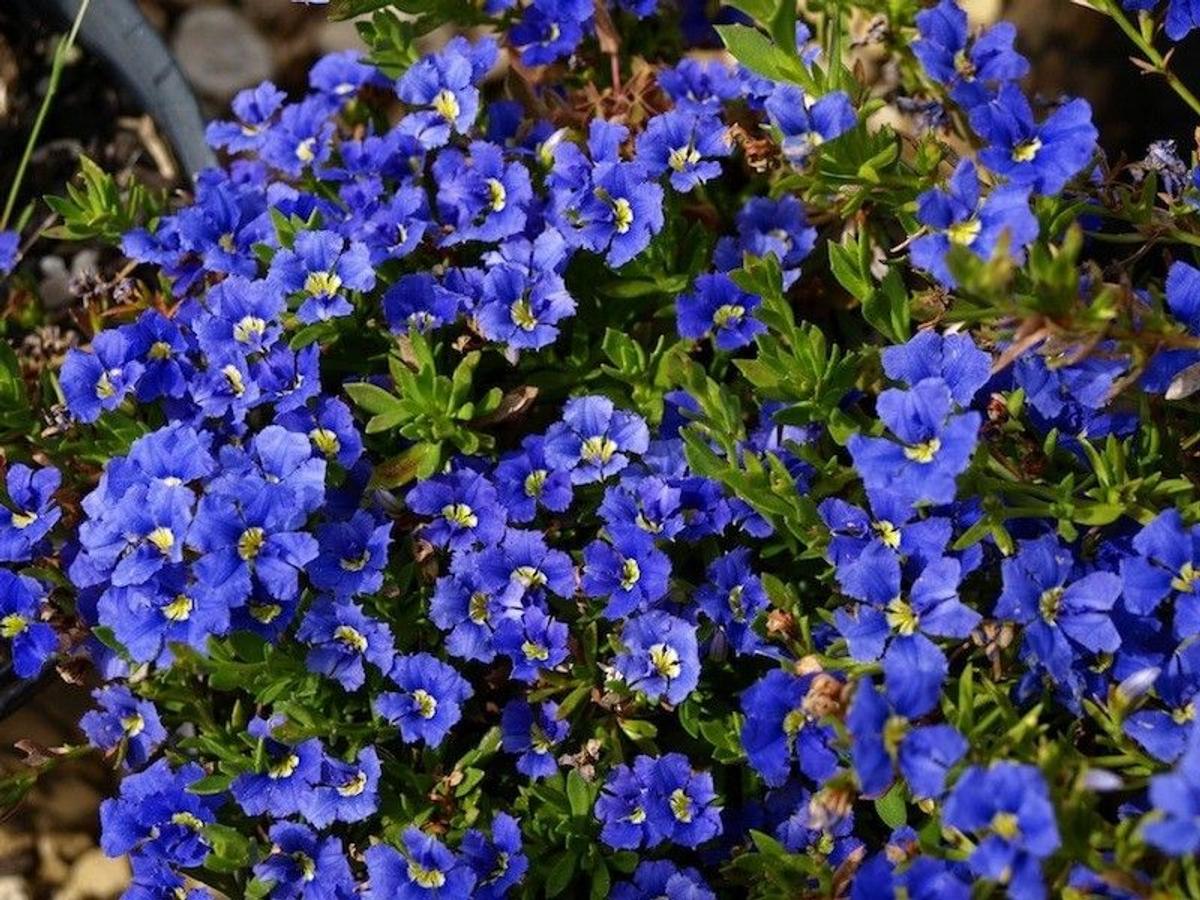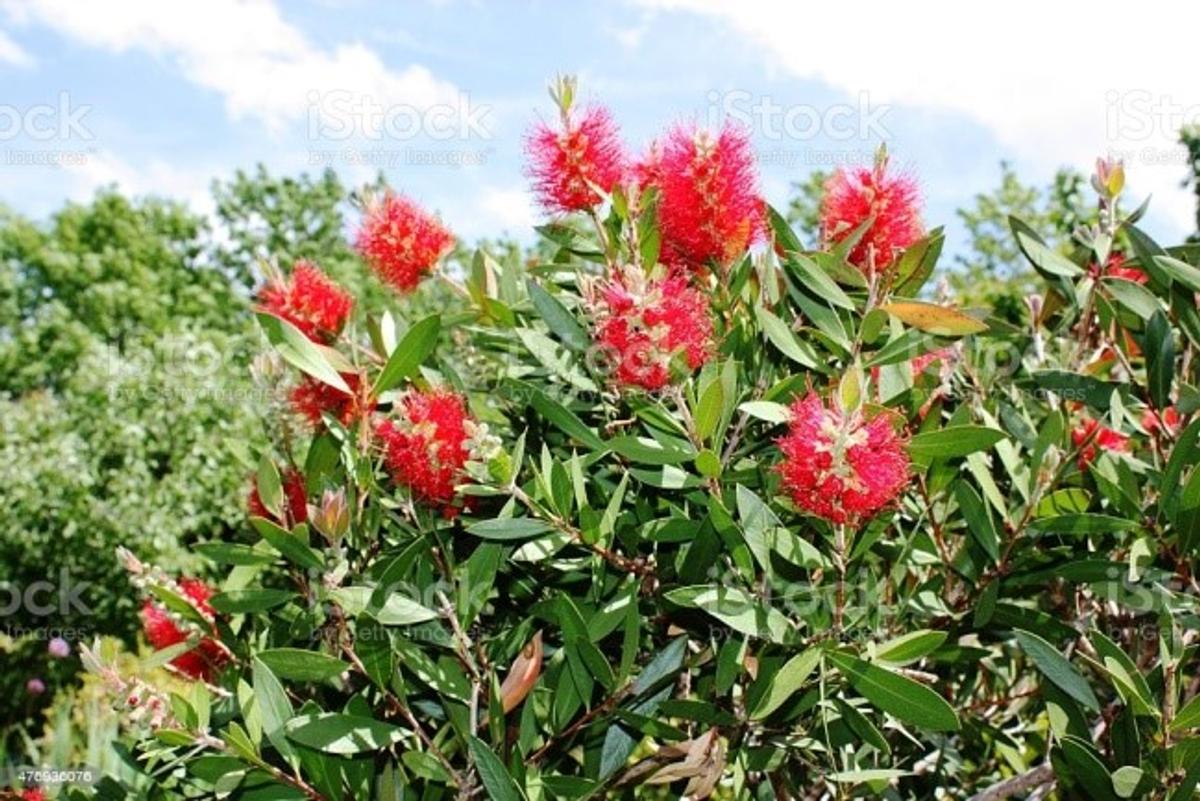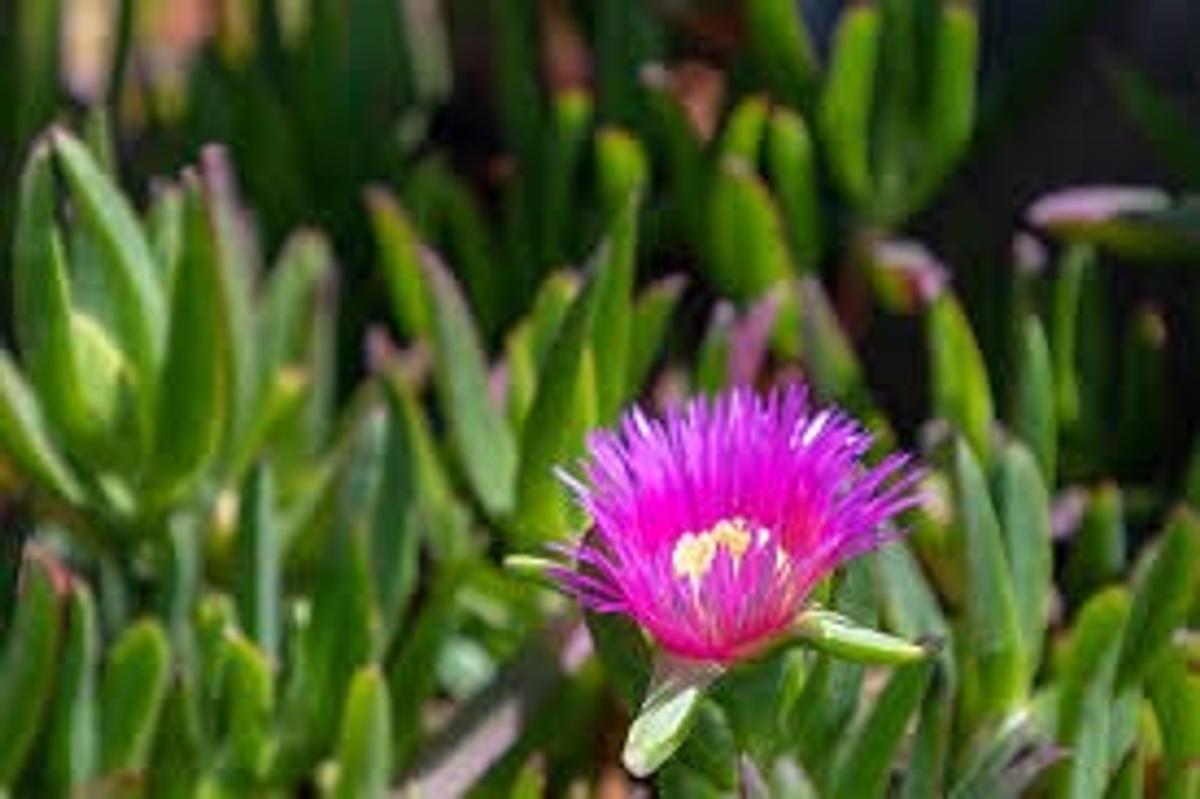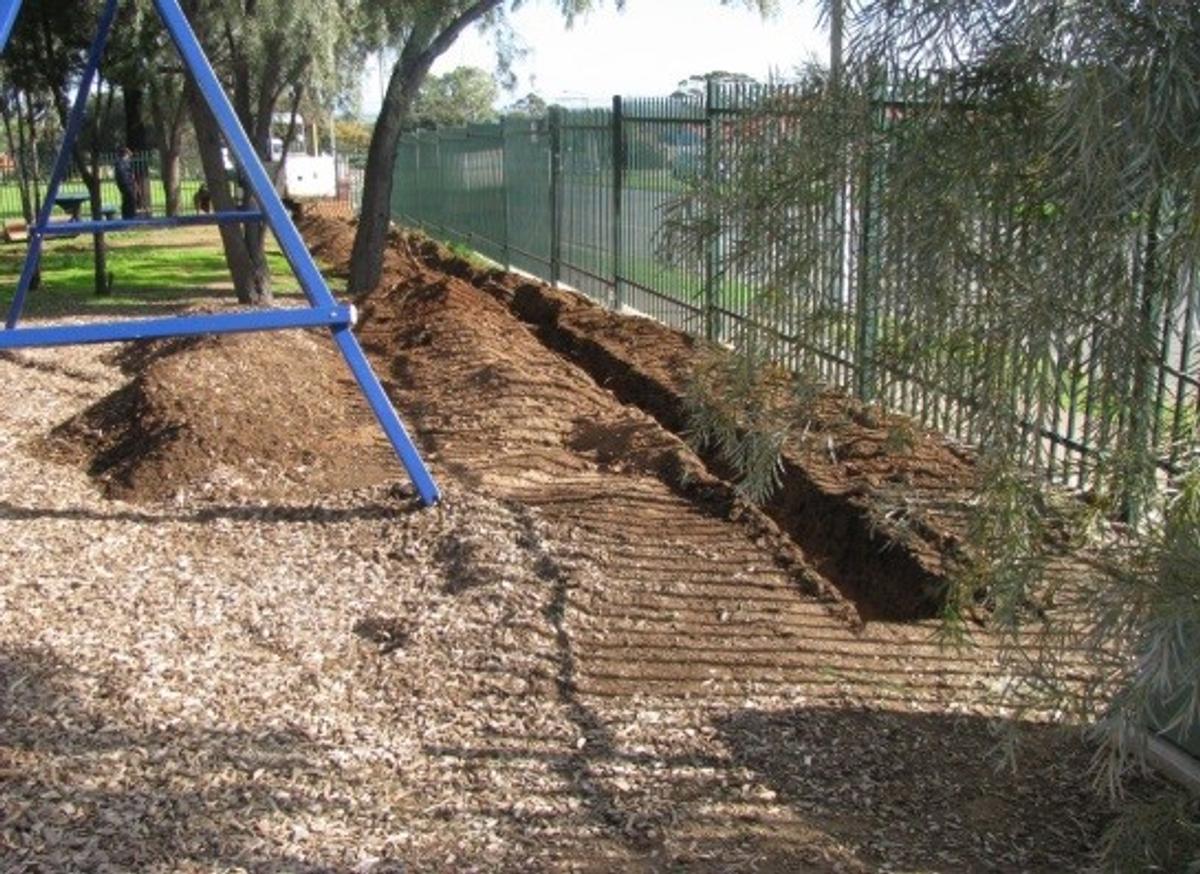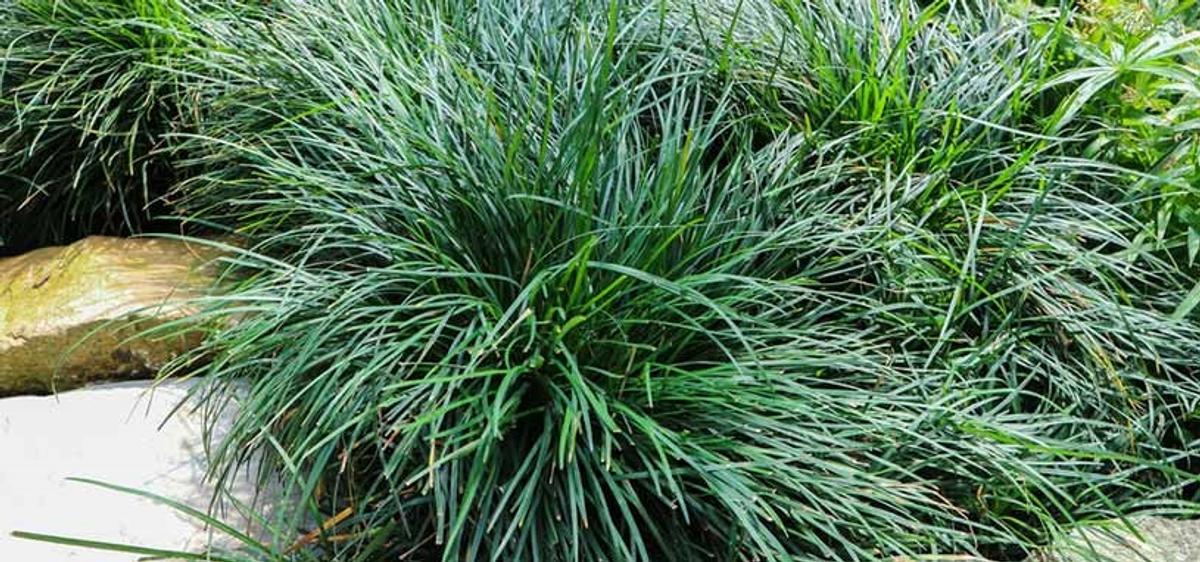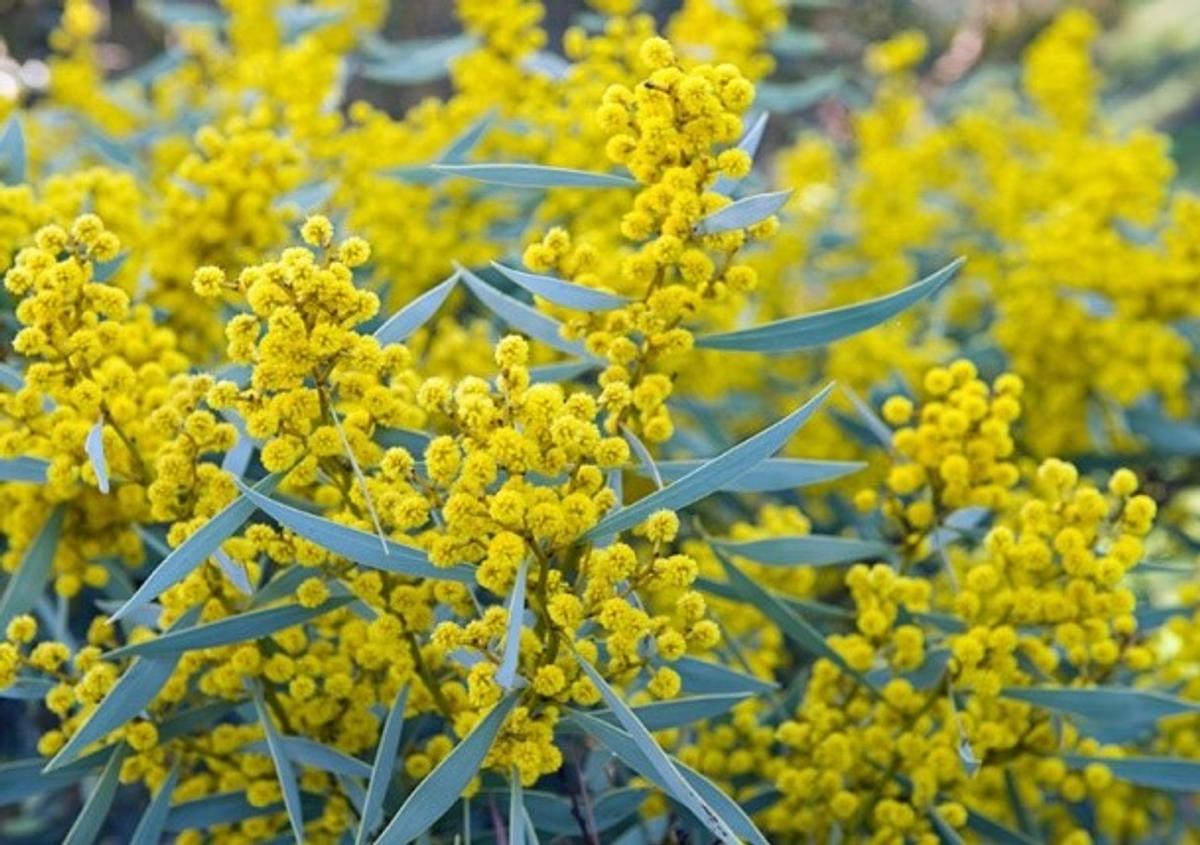Our Grounds

Our Grounds
Native Planting
A 3-4 metre strip across the Montague Road fence line has undergone a major change. Through a Federal Government Grant the school has established a native garden that is already flourishing. Students and the staff have planted over 100 native plants over the last 6 months. The plants will add colour to our playground and reduce road noise. Australian native plants are a part of the balance of nature that has developed over hundreds or thousands of years in a particular region or ecosystem which make them an ideal choice for planting in your garden.
Why should I plant native plants?
Native plants provide shelter and food for wildlife and support pollinators. Many varieties of wildlife, butterflies and birds are attracted to native gardens by providing habitats and food sources. Native gardens require less water, fertilizer, pruning, little or no pesticide, and less of your time to maintain than do many common garden plants.
Time to Plant Native Plants
The time to plant natives depends on your climate and the type of plant. Autumn is generally the best time, as it gives the plant time to establish itself before the next summer. Adelaide has mild winters so frosts are not a major issue. In frost prone areas planting in spring is advisable.
Soil Types and Preparation
Native plants are well adapted to a variety of soil types. For sandy soils water is lost more easily so dig up the soil and add organic matter and then mulch the area. If you have a clay type soil type dig in the organic matter and add gypsum to break up the soil. By raising the soil level you can assist with excess water drainage.
Planting Native Australian Plants
Best Fertilisers for Native Plants
Your common fertilisers are phosphorous rich and are not suited to native gardens. Fertilising in Spring and Autumn is ideal with specially designed Australian native plant food or organic based products, cow or chicken manure, seasol or blood and bone.
Watering
One of the advantages to native plants is that they are often arid resistant. In the early stages extra watering may be beneficial to help establish the plants. Native plants prefer a deep water rather than frequent watering. Every 7-10 days a 30 minute soak is ideal during the drier months. Remember to read the labels on the pots which will give clearer instruction specific to that plant.
How do I choose a Native Plant
There are 3 levels on plant 1) trees that can provide extensive shade 2) shrubs / bushes that are medium in height varying from 1m high and 1 m in width to 3m high and 3m across. 3) ground covers and grasses which may be up to 60 cm high and spread over large areas. Most of these natives flower at some time during the year. Read the labels before purchasing. Consider the location they will be planted in. eg full sun, part or full shade, preferred soil type, size when grown, flowers … Most nurseries will provide advice.
